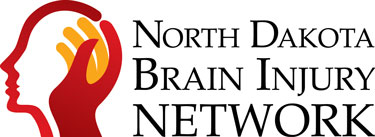Brain Injury Diagnosis
Pursuing a Formal Brain Injury Diagnosis
- With milder brain injuries, symptoms can be less noticeable and further assessment is often needed to get a brain injury diagnosis.
- Brain injury severity (mild, moderate, severe) is different than a formal diagnosis.
- Severe injuries usually involve a loss of consciousness and neuroimaging confirms a brain injury. But with a mild injury, that is not always the case and then a neuropsychological assessment is required.
Neuropsychological Assessment
A neuropsychological assessment consists of a variety of tests designed to measure the damage caused by brain injury. It provides more information about your cognitive capabilities, or in other words your ability to learn, think, reason, remember, solve problems, make decisions, and pay attention.
A neuropsychologist, who is a psychologist with a PhD or PsyD credential and specialized training in brain-behavior relationships, conducts the assessment.
In addition to administering the assessment, the neuropsychologist will likely interview you, the survivor with the brain injury, and your family members. The neuropsychologist may also study available hospital records, and review any other information that provides insight into what you were like before your injury.
How to Receive an Assessment
To receive a neuropsychological assessment, you will need a referral from your primary care provider. Prior to your appointment with your primary physician, schedule your Brain Injury Screening and Symptom Inventory with us by calling (855) 866-1884 or by emailing info@ndbin.org.
Results
When you are given the results, they can help your rehab or hospital team guide their care. It can help give your family members an idea of the impact your injury had on you. Many times, the information they give can help with return to work and what to expect about your brain on a day-to-day basis. These results can also be utilized when applying for support such as Social Security Disability.
